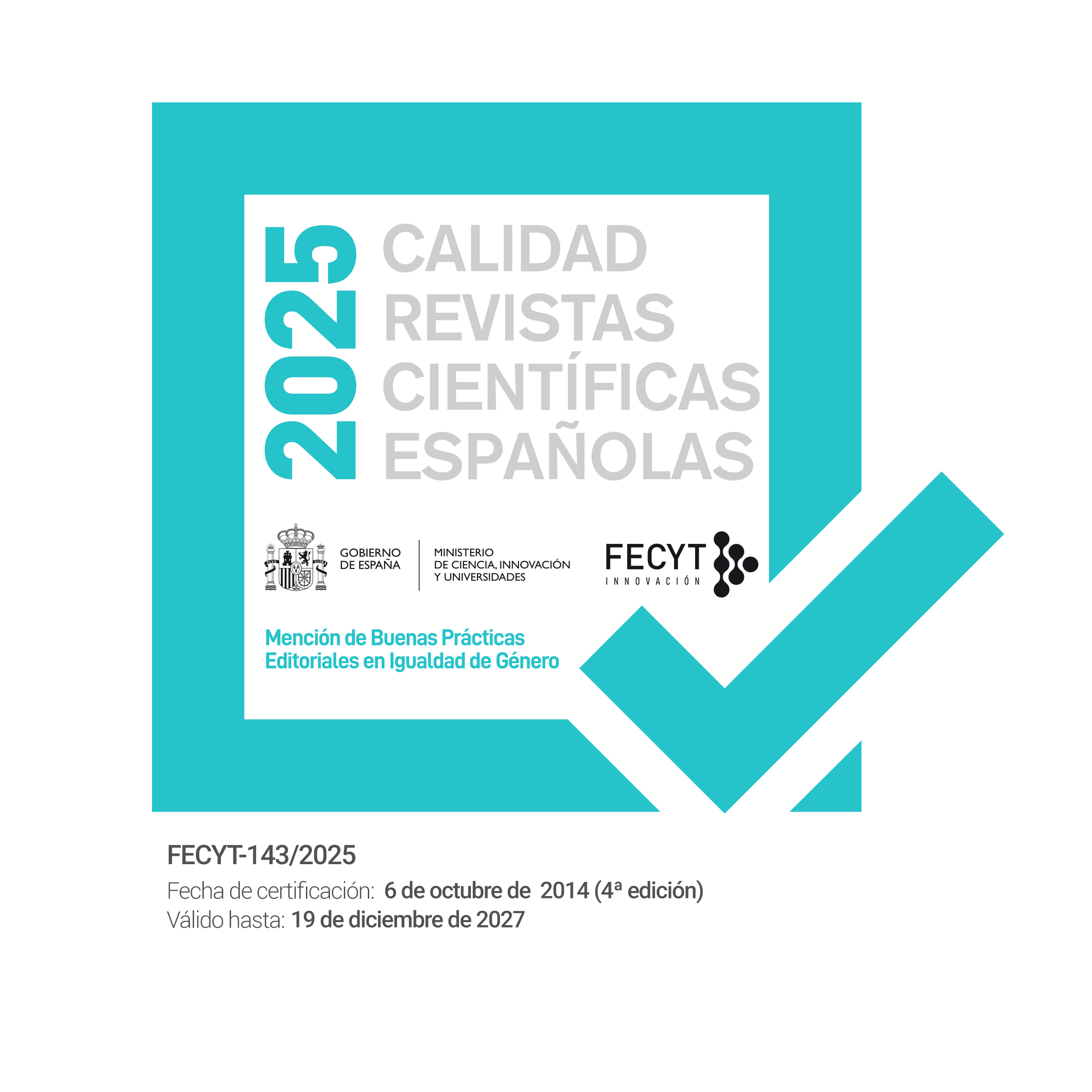RETELLING IN BILINGUAL EDUCATION: NARRATION, DISCOURSE PRESENTATION, AND OTHER ACQUIRED SKILLS
Keywords:
bilingual education, discourse presentation, literary competences, narration, speech presentation, thought presentationAbstract
In Mexico, English proficiency as a second language is commonly assessed through standardized tests. However, these assessments may not comprehensively capture all acquired language skills. In this study, such skills are linked to Alther and Ratheiser’s (2019) model of literary competencies. Three components are considered for analysis: narration (encompassing actions, states, and events), speech presentation, and thought presentation. These components are based on Leech and Short’s (1981, 2007) continuum of discourse presentation and subsequent proposals. Oral retellings in both Spanish and English, produced by native Spanish-speaking Mexican students who primarily developed their English proficiency through an international bilingual immersion education program (Baker & Wright, 2021), were addressed and compared. A corpus consisting of 20 elicited samples in each language, generated by 20 school-age participants, was assembled and analyzed. The analysis and statistical processing suggest that the data from the three components tend to manifest similarly in both retelling narratives from each participant. This finding underscores the importance of assessing additional skills in linguistic development and considering different perspectives to gain a more comprehensive understanding of second language proficiency. Additionally, the study demonstrates that these participants, educated in a private international bilingual immersion context, acquire the ability to narrate in English (L2) as proficiently as they do in Spanish (L1).
Downloads
Downloads
Published
How to Cite
Issue
Section
License
Copyright (c) 2023 Jonathan Serrano, Natalia Martínez-León, Luisa Josefina Alarcón-Neve

This work is licensed under a Creative Commons Attribution-NonCommercial-NoDerivatives 4.0 International License.
El Grupo de Investigación “La lengua inglesa en el ámbito universitario” HUM-397 conserva los derechos de copyright de los artículos publicados y permite la reutilización de los mismos bajo licencia Creative Commons: Creative Commons Atribución-NoComercial-SinDerivar 4.0 Internacional: se pueden copiar, usar, difundir, transmitir y exponer públicamente los artículos mencionados, siempre que (a) se cite la autoría y la fuente original de su publicación, (b) no se usen para fines comerciales, (c) no se creen obras derivadas mediante su transformación, (d) se mencione la existencia y especificaciones de esta licencia de uso.








